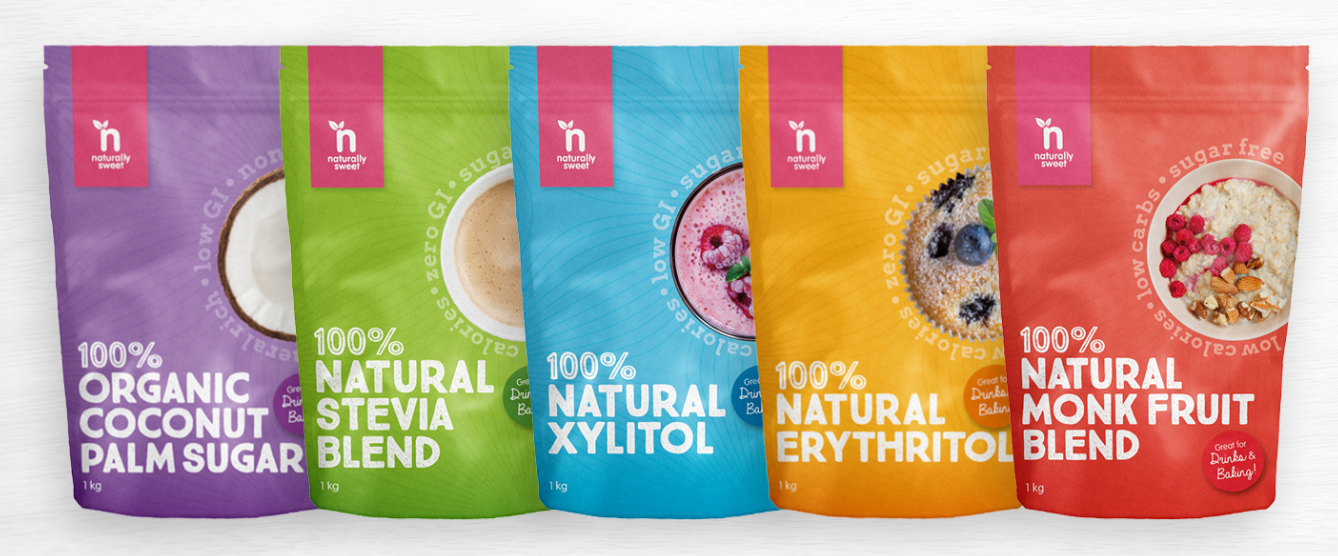32 products
-
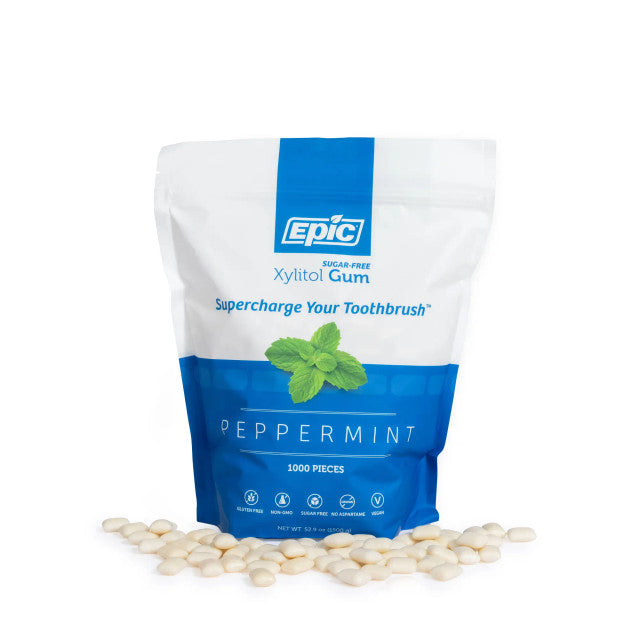 Epic Peppermint Dental Gum 1000ctEpic Peppermint Dental Gum 1000ct
Epic Peppermint Dental Gum 1000ctEpic Peppermint Dental Gum 1000ct- Regular price
-
$119.90 - Regular price
-
RRP:
$129.95 - Sale price
-
$119.90
-
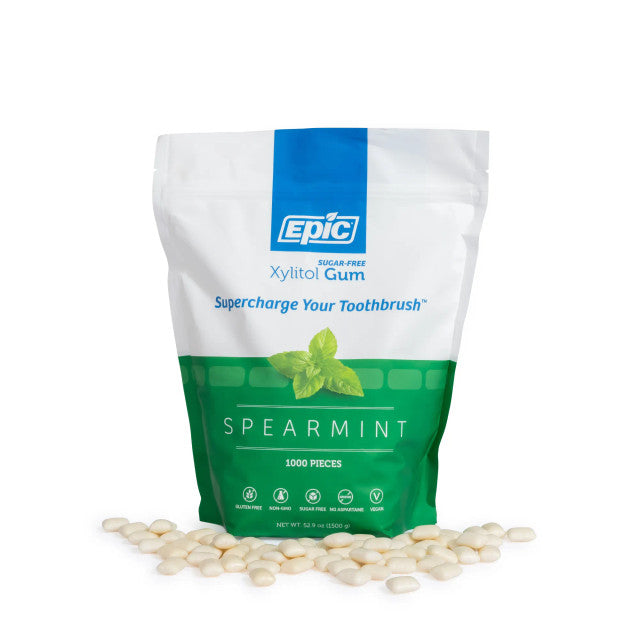 Epic Spearmint Dental Gum 1000ctEpic Spearmint Dental Gum 1000ct
Epic Spearmint Dental Gum 1000ctEpic Spearmint Dental Gum 1000ct- Regular price
-
$119.90 - Regular price
-
RRP:
$129.95 - Sale price
-
$119.90
-
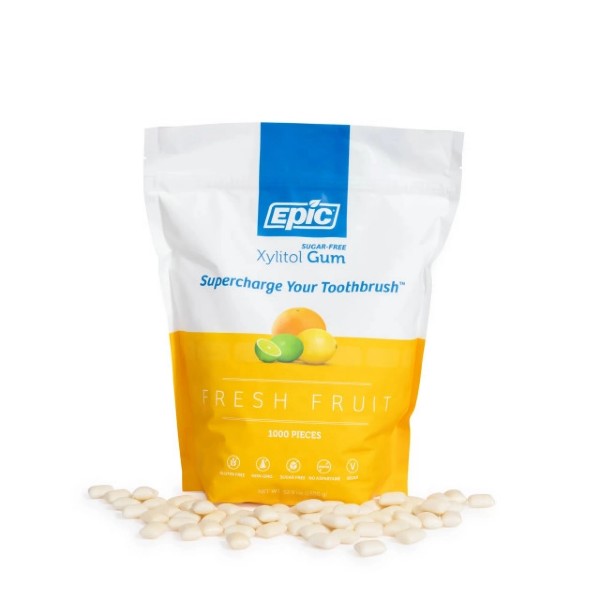 Epic Fresh Fruit Dental Gum 1000ctEpic Fresh Fruit Dental Gum 1000ct
Epic Fresh Fruit Dental Gum 1000ctEpic Fresh Fruit Dental Gum 1000ct- Regular price
-
$119.90 - Regular price
-
RRP:
$129.95 - Sale price
-
$119.90
-
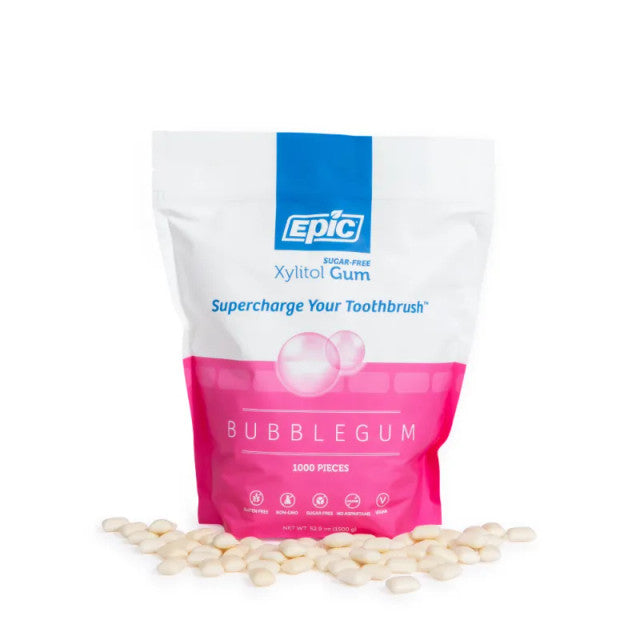 Epic Bubble Gum Dental Gum 1000ctEpic Bubble Gum Dental Gum 1000ct
Epic Bubble Gum Dental Gum 1000ctEpic Bubble Gum Dental Gum 1000ct- Regular price
-
$119.90 - Regular price
-
RRP:
$129.95 - Sale price
-
$119.90
-
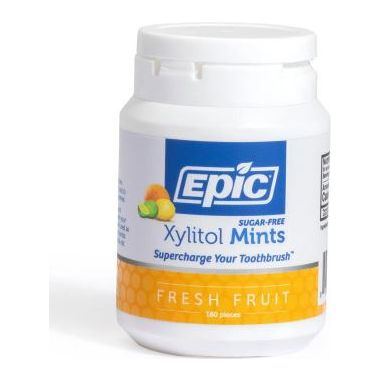 Epic Fresh Fruit Dental Mints 180ctEpic Fresh Fruit Dental Mints 180ct
Epic Fresh Fruit Dental Mints 180ctEpic Fresh Fruit Dental Mints 180ct- Regular price
-
$16.50 - Regular price
-
RRP:
$19.95 - Sale price
-
$16.50
-
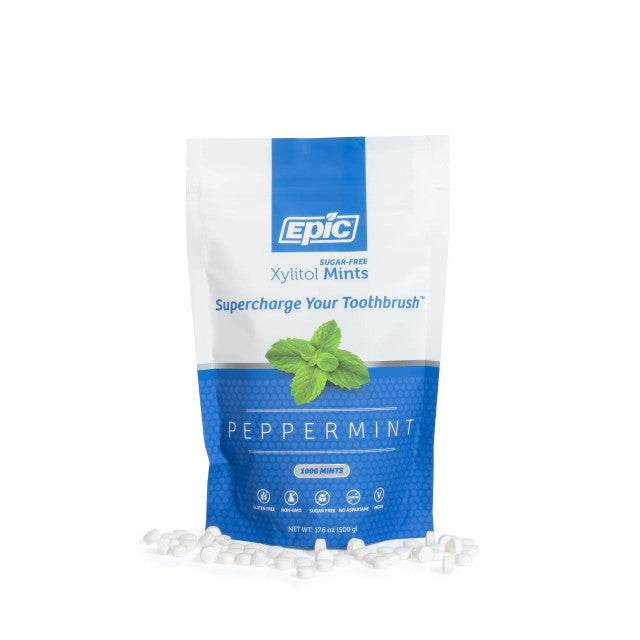 Epic Peppermint Dental Mints 1000ctEpic Peppermint Dental Mints 1000ct
Epic Peppermint Dental Mints 1000ctEpic Peppermint Dental Mints 1000ct- Regular price
-
$76.95 - Regular price
-
RRP:
$79.95 - Sale price
-
$76.95
-
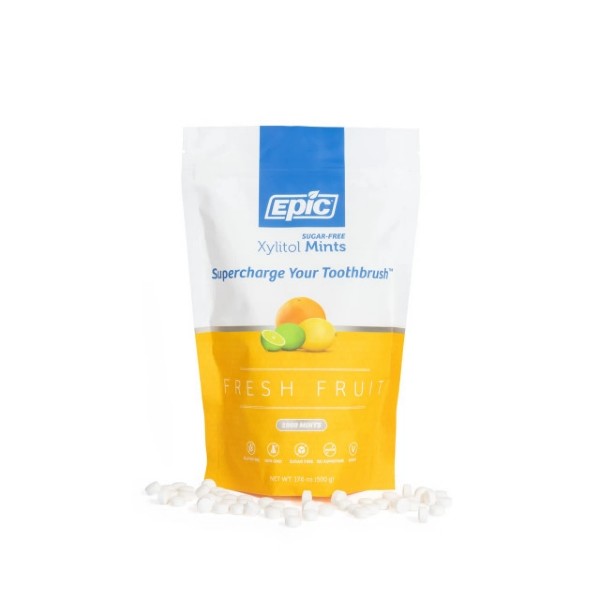 Epic Fresh Fruit Dental Mints 1000ctEpic Fresh Fruit Dental Mints 1000ct
Epic Fresh Fruit Dental Mints 1000ctEpic Fresh Fruit Dental Mints 1000ct- Regular price
-
$76.95 - Regular price
-
RRP:
$79.95 - Sale price
-
$76.95
-
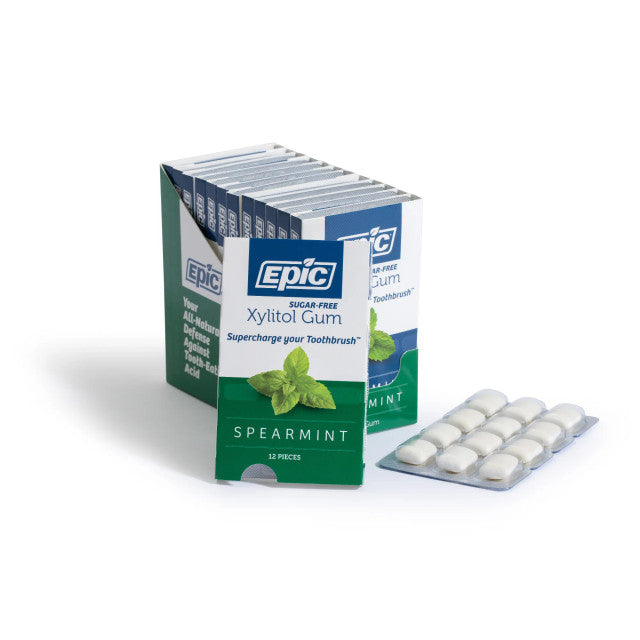 Epic Spearmint Dental Gum Blister 12 PackEpic Spearmint Dental Gum Blister 12 Pack
Epic Spearmint Dental Gum Blister 12 PackEpic Spearmint Dental Gum Blister 12 Pack- Regular price
-
$39.95 - Regular price
-
RRP:
$54.00 - Sale price
-
$39.95
-
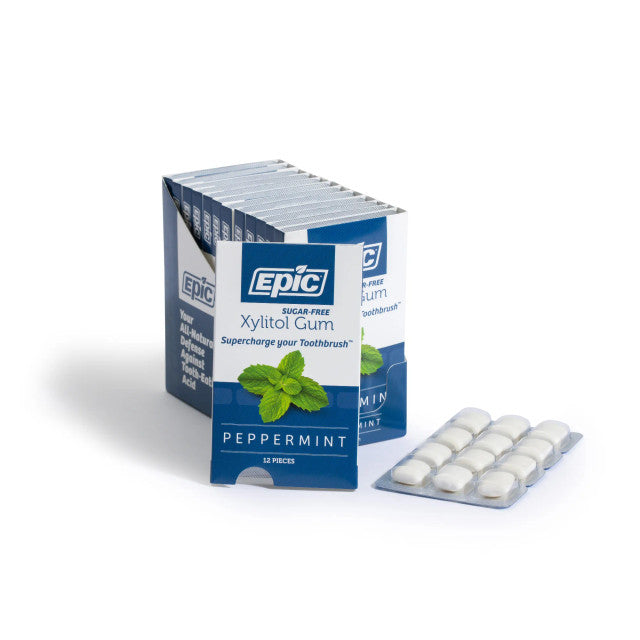 Epic Peppermint Dental Gum Blister 12 PackEpic Peppermint Dental Gum Blister 12 Pack
Epic Peppermint Dental Gum Blister 12 PackEpic Peppermint Dental Gum Blister 12 Pack- Regular price
-
$39.95 - Regular price
-
RRP:
$54.00 - Sale price
-
$39.95






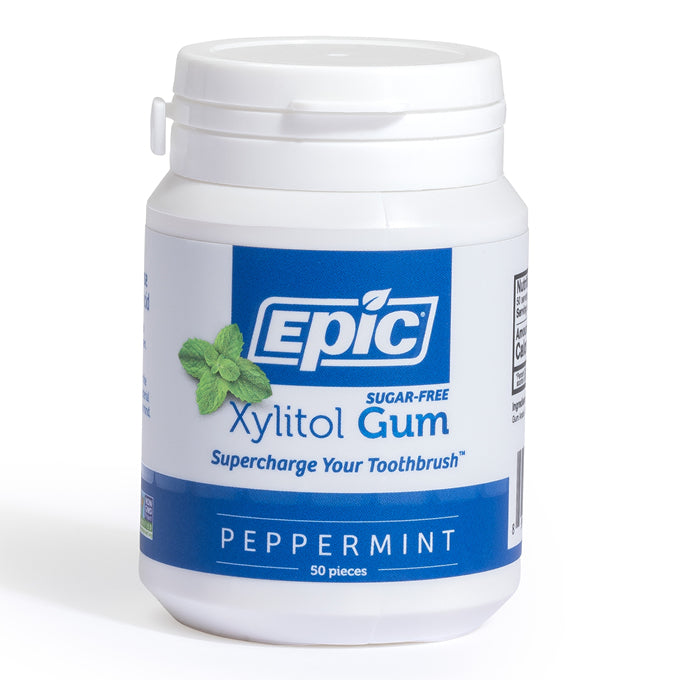
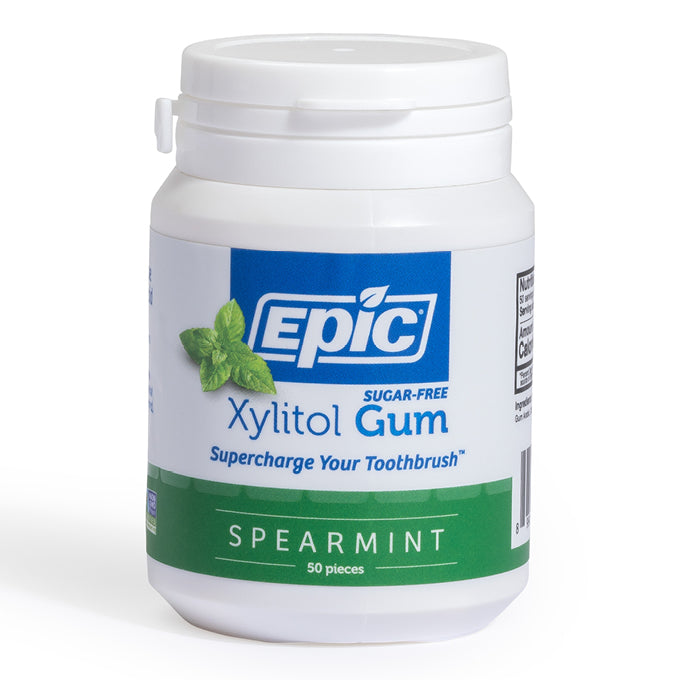
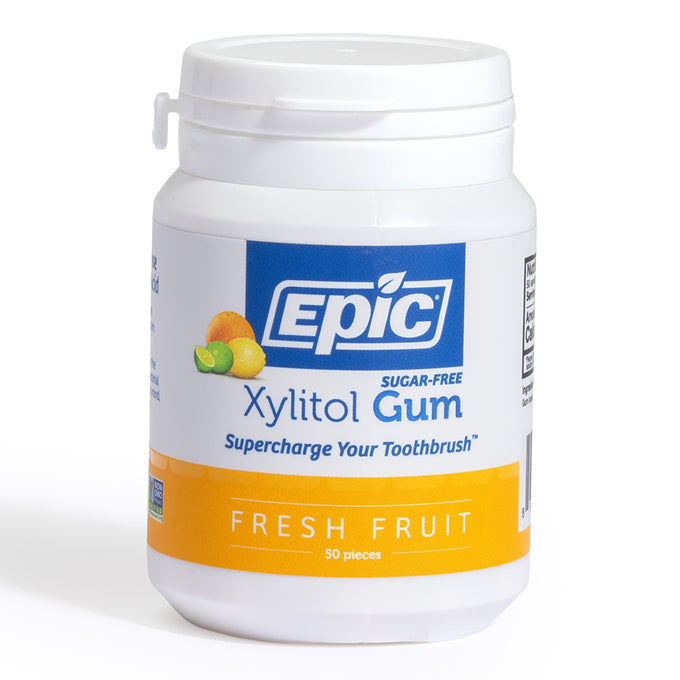
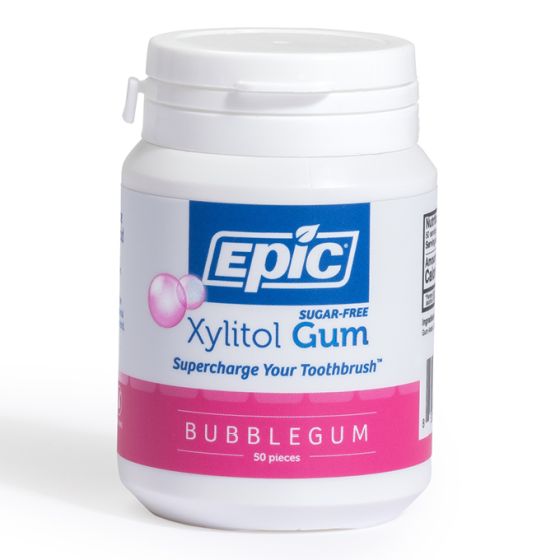
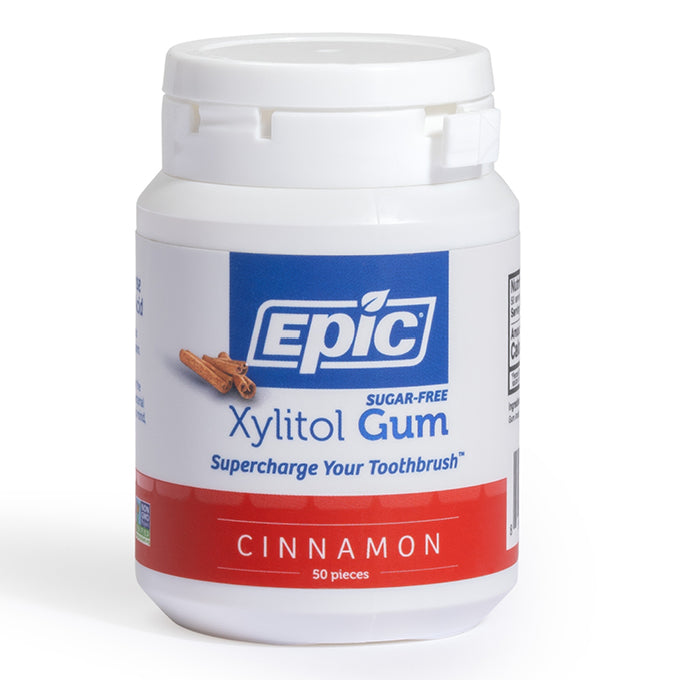
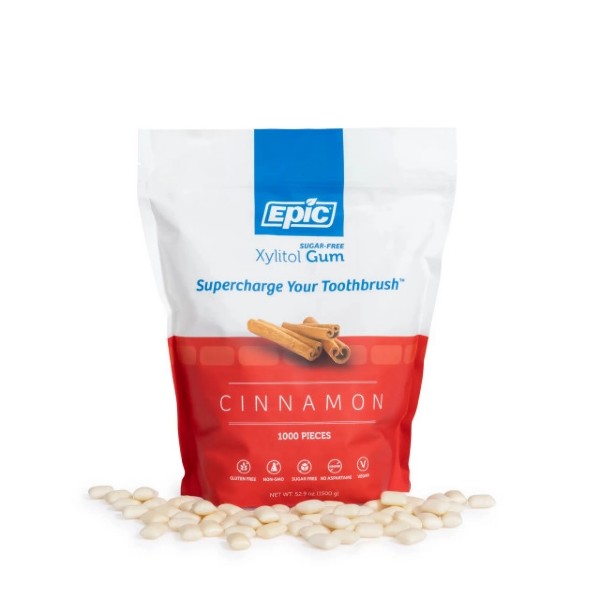
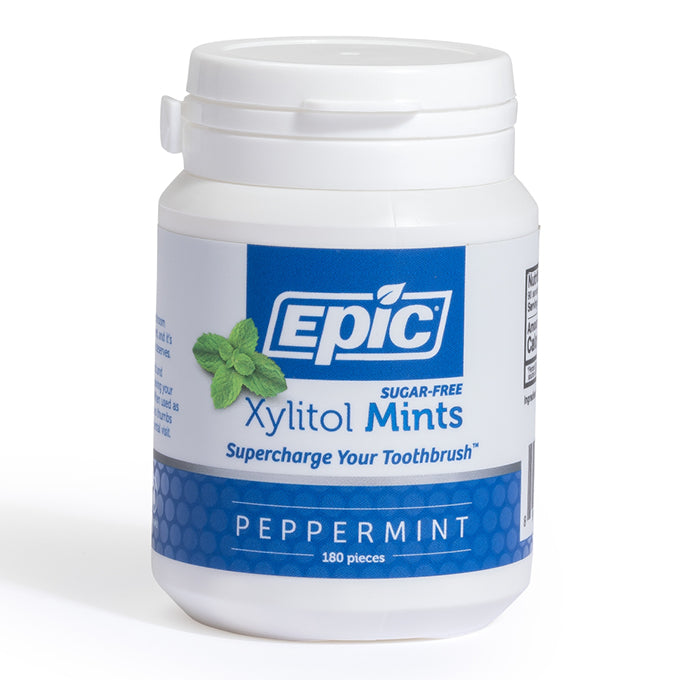

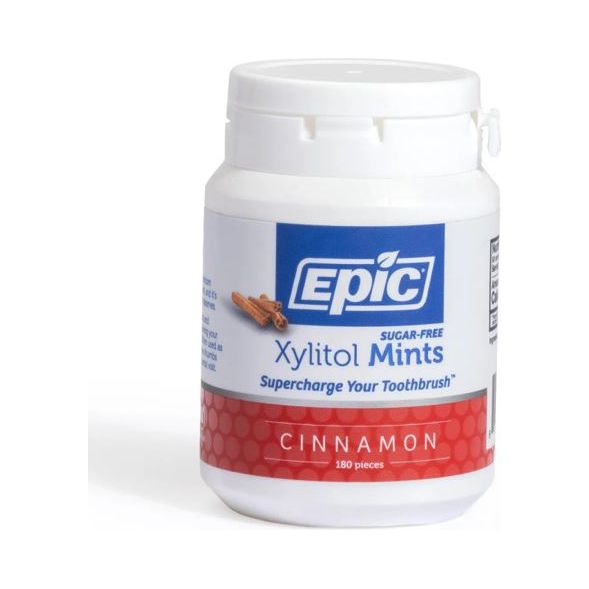


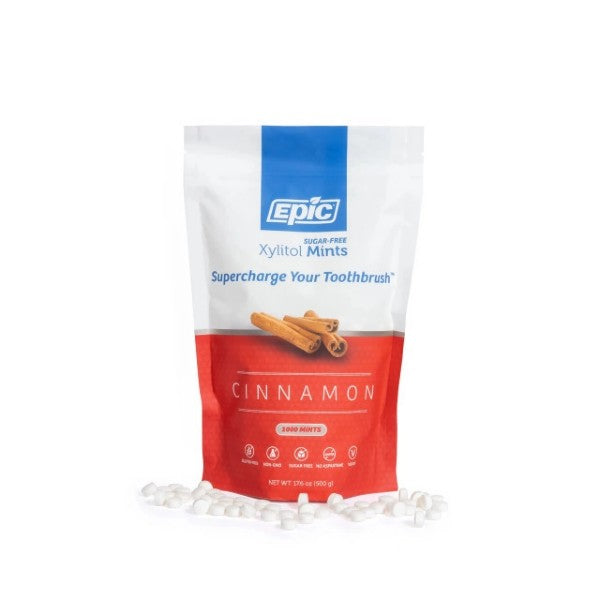
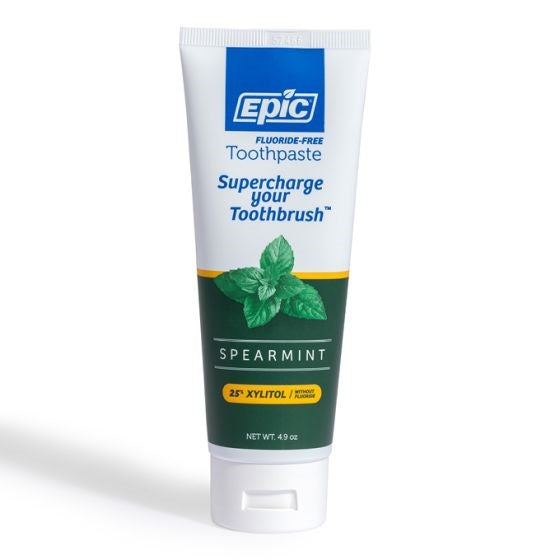
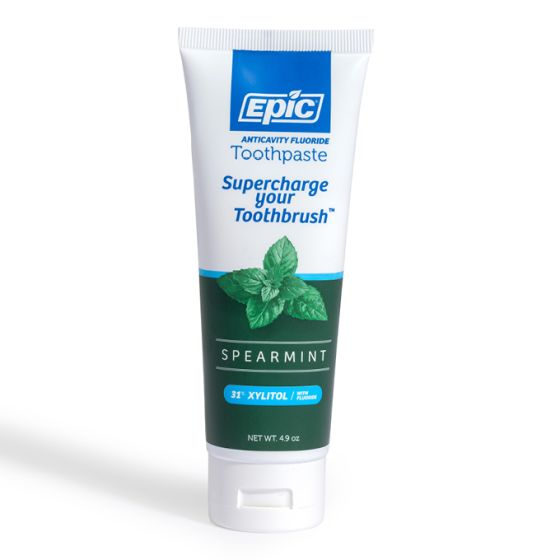
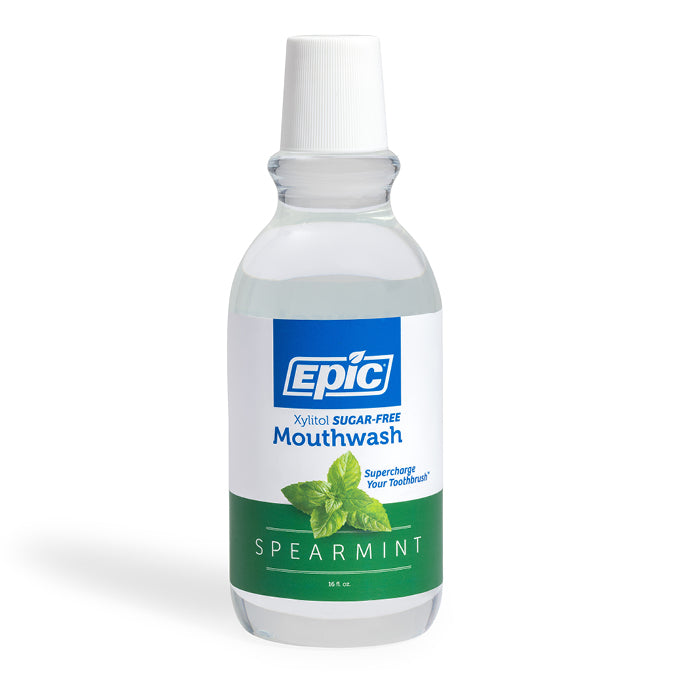


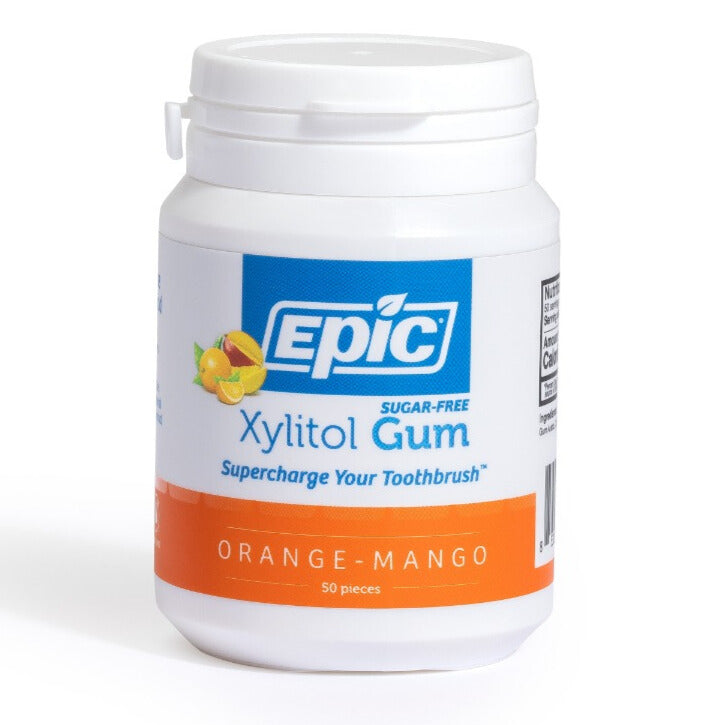
![Bamboo Toothbrush - Child [Soft]](http://naturallysweet.com.au/cdn/shop/files/accessories_12_1.jpg?v=1730711602&width=1100)
![Bamboo Toothbrush - Adult [Soft]](http://naturallysweet.com.au/cdn/shop/files/accessories_12_3.jpg?v=1730711535&width=1100)
